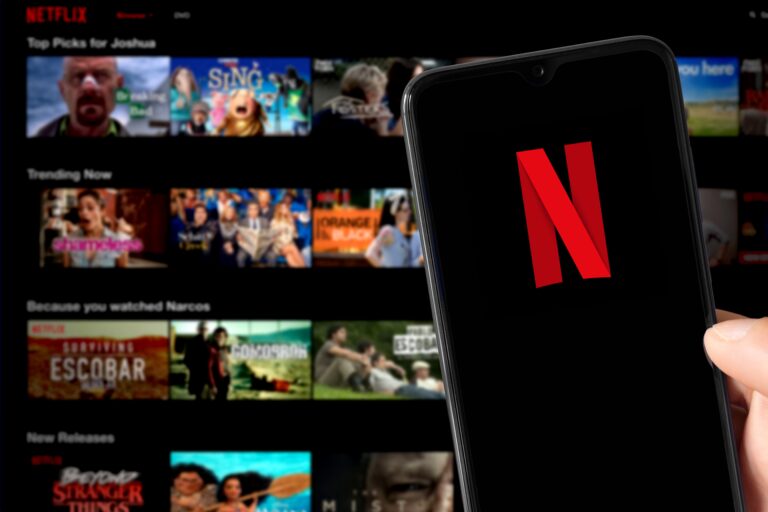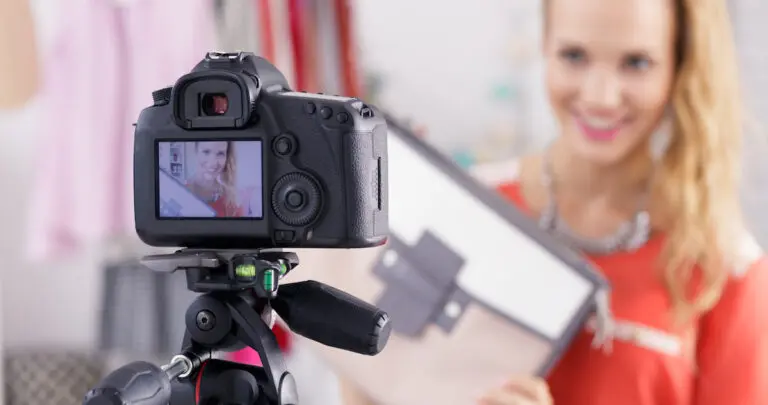If you’re a business owner and a retail veteran of the past two years, you’ll know only too well how much everything around us has changed. That includes the way businesses need to reach out to their customers. If you’re serving as your company’s scriptwriter as well, this article is for you because what used to be the do’s and don’t of the best commercial scriptwriting have changed too.
Yup – and more than you might think.
Picture this for a moment: you’ve booted up your laptop, opened your marketing analytics document, and you’re ready to start your end-of-year analysis. Maybe now you’ll finally figure out why only 1 out of your 3 commercials performed well this year.
Why?

Well, as you go through the data, patterns start cropping up here and there, showing how the pandemic has changed consumers’ habits. And it makes you think about your own shopping experiences.
Did you buy an awesome pair of sneakers that you still haven’t worn? Maybe you stocked up on bottled water ‘just in case.’ Now, it’s suddenly not that hard to imagine your customers in the same situations.
The straight-up truth is that when industries change, buying habits change. Then advertising changes, which means that commercial scripts have to adapt.
This is a vital topic we’ve covered in our scriptwriting series, but this time we’re sharing up-to-date do’s and don’ts for commercial scriptwriting post-2020.
But first …. how have commercials changed?
The global buying climate has changed the need and specs of commercials. The result? 10 is the new 15, catchy is the new interesting, and one-liner quips sound better than researched taglines. But let’s break this down a bit more.
First, commercials have to be more audience-driven. With more time on their hands to read and research, consumers are more aware than ever. And with the barrage of commercials out there, yours needs to stand out by going beyond the typical ‘we’ve got a great product’ angle.
Second, companies have to adapt to the worldwide shift that’s impacted almost every industry. Such as the chip shortage that affected computers, microwaves, and even PlayStation consoles. This had a knock-on effect on those companies’ commercials because you can’t advertise something you don’t have or can’t produce.
Third, timing is everything. If 6 seconds is all you get from a user on your website, don’t plan on much more for your TV commercials. Viewers can change the channel, hit mute, talk to the person beside them, read a new text, or send that email they’ve been drafting the whole day. Or even do all of those at once!
So, here’s how to improve your commercial scripts to make ‘em sit up and pay attention!
3 Do’s & Don’ts to improve your commercial scriptwriting
1. Do keep it short, and don’t clutter the script
Think of it like packing for a survival trip. As great as it would be to have a pillow and extra clothes, you only have room for a few essentials. Commercial scripts are the same. If it’s not essential, it doesn’t go in the bag. Or, in this case, the 10 second script.
2. Keep it contemporary, and don’t underestimate your audience
Write scripts that people resonate with. If your main character is living through a drought while the viewer’s state has plenty of rain, it’s not going to gel.
What about showcasing a character from the ’50s? Well, it sounds fun, but is it relatable? If you have to reference the past, get innovative. Perhaps do it through a time machine so that the character can still jump out in the present for a modern appeal.
And don’t include information viewers already know, can read online, or have a condescending approach.
3. Keep it natural, and don’t opt for a fast read
Write the dialog as if a real person would say it. After all, a real voice actor will be reading it. Like these commercial voice over samples on Voice123.
It’s also best to use terminology that matches the age of your target audience. For example, stoked as in excited vs. stoked the fire. Sick as in cool vs. sick as in, well … sick.
Some words mean different things to different generations. So, use words that won’t confuse your target audience. And don’t cram in as much as you can. You’ll get to say more, but that doesn’t mean the audience will remember more.
If you quickly read this list: apples, oranges, milk, bread, beans, fish, cake, chocolate, ice cream, and then close your eyes. How many of those can you remember? Exactly. Remembering something that you heard once is hard enough. Hearing it at the speed of light? Almost impossible.
How to plan your next commercial scriptwriting project

Now that you’re up to speed on what to do and what not to do, what’s next?
Start by analyzing your brand’s value. Remember, you’re not just advertising a product. Through your commercial, you’re showing the audience that you have something they need, want, or have to have.
Think about:
- What makes your commercial different from the one that played before and the one that will play after?
- What is the purpose? Creating product awareness? Establishing trust through a testimonial? Trying to make some good old-fashioned sales?
Once you establish the purpose of the commercial, you can establish the purpose of the script. So, if the goal is to create awareness, the script needs to use words that embody that.
Think about:
- What do you want viewers to be moved to do, think, and feel?
- While writing the script, it’s also a good idea to leave notes for the potential voice actor that you can refer to when giving directions or during a live session. On this point, it helps to hire a pro who knows the difference between persuasive and friendly, hard and soft sell, and takes feedback well.
Finally, research how to experiment with different social media advertising. What if you’re running an ad on multiple platforms?
Think about:
- What is the target audience of each platform?
- What are the word and design limits so that you change the wording for each platform?
- Could you highlight different products and features, perhaps even do some A/B testing?
This kind of deep-dive analysis sets the right foundation for your script to build on. And you can even build your own commercial scriptwriting framework that can be used for future campaigns.
Closing thoughts
Are the industries around us really changing?
No. The truth is that they’ve already changed. And your commercial scriptwriting should have changed like – yesterday!
This is especially crucial for creative agencies as nothing is stopping a company from moving on to the next agency that has a better, more modern approach. Just like nothing is stopping a customer from moving on to the next company because their commercial scriptwriting is better.
So, if you’re ready to transform into a commercial wordsmith, keep the script short, uncluttered, contemporary, target the right audience with the right words, and keep it natural.
May the words flow – and we wish you all the best as you do write an awesome commercial script. And don’t forget to check out the super talented voice actors on Voice123 to record the stellar results of your commercial scriptwriting efforts!



































































































